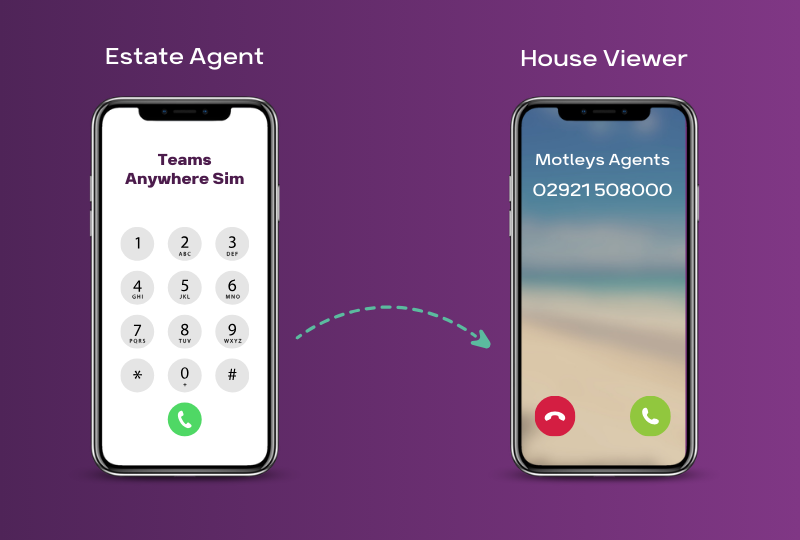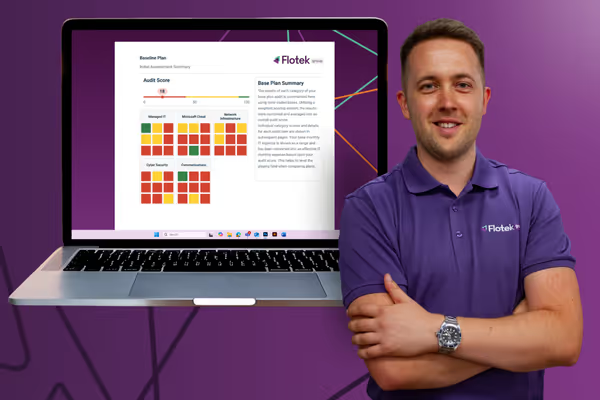
Business Cyber Security For SaaS Companies
Cyber Security 101: Business Cyber Security For SaaS Companies
In our digital-first world, the rise of Software as a Service (SaaS) has revolutionised how businesses operate, offering scalable and efficient cloud-based solutions.
This shift, however, brings to light an equally significant challenge: ensuring the security of these platforms.
We understand that, for SaaS providers, the imperative to protect sensitive data and maintain trust is not just about avoiding breaches; it's about affirming their commitment to security as a cornerstone of their service.
In this article, we will cut through the complexity surrounding cyber security for SaaS businesses, providing clear, actionable guidance.
As we delve into the nuances of SaaS cyber security, we will explore its significance, the prevalent threats, and strategies for fortification.
Our goal is to empower businesses with the knowledge to not just navigate but excel in securing their digital landscape.
What Is SaaS Cyber Security?
SaaS cyber security encompasses the strategies, technologies, and practices designed to protect cloud-based software applications from cyber threats.
It differs from traditional security in its focus on cloud-specific vulnerabilities and the shared responsibility model between service providers and clients.
This model necessitates a collaborative approach to security, integrating robust encryption, secure access protocols, and comprehensive threat monitoring.
The essence of SaaS cyber security lies in its holistic view of safeguarding data integrity, confidentiality, and availability across the cloud ecosystem. With the proliferation of SaaS platforms, ensuring the security of data in transit and at rest, alongside the reliability of service operations, becomes paramount.
Effective SaaS security measures address a broad spectrum of potential vulnerabilities, from unauthorised data access to service disruptions, ensuring that both the service providers and their clients can trust in the safety and resilience of their cloud-based solutions.

Why Is Security Important In SaaS?
Security in SaaS is critical for several compelling reasons.
Primarily, SaaS platforms frequently handle sensitive data, from personal customer details to crucial business information, making them prime targets for cyber attacks.
A security breach can lead to catastrophic data loss, financial repercussions, and irreparable harm to a company's reputation.
Furthermore, the inherently accessible nature of SaaS applications, available from any location, introduces unique vulnerabilities, demanding stringent security protocols.
Robust security measures serve a dual purpose: they protect against data breaches and establish a foundation of trust with clients, demonstrating a firm's commitment to data protection.
In the context of SaaS, where data is stored remotely and accessed over the internet, security also plays a pivotal role in compliance with data protection regulations.
Adhering to these regulations not only avoids legal penalties but also assures customers that their information is handled responsibly.
In essence, prioritising security in SaaS is indispensable for safeguarding sensitive information, maintaining operational integrity, and fostering a trust-based relationship with users.
Further reading: Understanding the importance of cyber security
What Are The 7 Security Issues In SaaS?
SaaS platforms face several security challenges, including:
- Data Breaches: The risk of unauthorised access to sensitive information, leading to exposure or theft.
- Account Hijacking: Cybercriminals might gain control over users' accounts, exploiting them for unauthorised access.
- Insecure Interfaces and APIs: Critical vulnerabilities can arise from poorly designed interfaces and application programming interfaces (APIs), exposing systems to attacks.
- Insufficient Data Encryption: Without strong encryption for data at rest and in transit, sensitive information is vulnerable to interception.
- Malware and Ransomware: These malicious programs can infect systems, leading to data theft or encryption with ransom demands.
- Insider Threats: Employees or contractors might accidentally or maliciously expose systems to cyber threats.
- Compliance Risks: Failing to adhere to legal and regulatory standards can result in significant fines and damage to customer trust.
Addressing these issues is essential for maintaining the security and integrity of SaaS platforms, necessitating comprehensive and proactive security strategies.
Our Final Word
Cyber security for SaaS companies is an ongoing journey, requiring constant vigilance and adaptation to emerging threats.
Cyber threats are ever-evolving, so a robust approach to security is not just advisable — it's imperative.
For SaaS businesses, this means not only implementing foundational security practices but also fostering a culture of continuous improvement and awareness.
If you want to understand more about how to protect your SaaS company from cyber attacks, get in touch today.
With offices across the UK, including Swansea, Cardiff, Plymouth, Truro and Basingstoke, we are on hand to help.






.jpg)



























.png)


.avif)



%20(43).png)
%20(41).png)
%20(40).png)
%20(38).png)
%20(29).png)

%20(40).png)
%20(31).png)
%20(36).png)
%20(33).png)




.avif)
.avif)
%20(1).avif)
.avif)